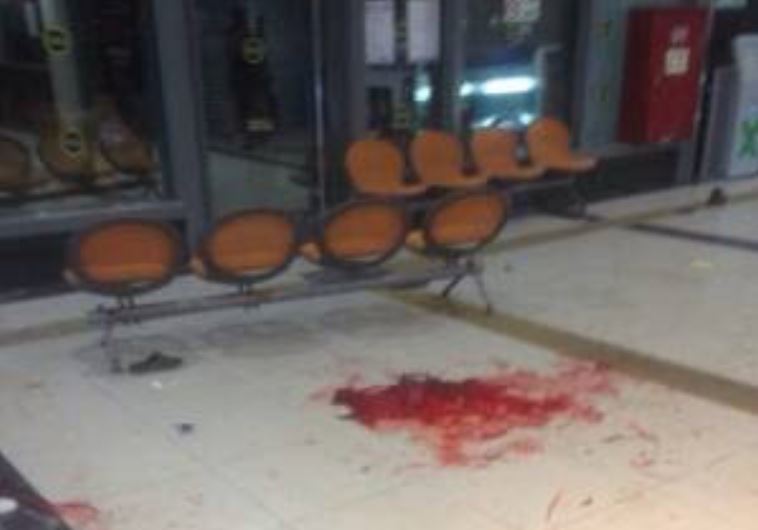Collateral damage
Haftom Zarhum, an Eritrean migrant, was shot by a guard and beaten by a mob during a terrorist attack at the Beersheba Central Bus Station last month.
 Blood at the scene where terrorist was shot at the Beersheba central bus station on October 18, 2015(photo credit: ISRAEL POLICE)
Blood at the scene where terrorist was shot at the Beersheba central bus station on October 18, 2015(photo credit: ISRAEL POLICE)